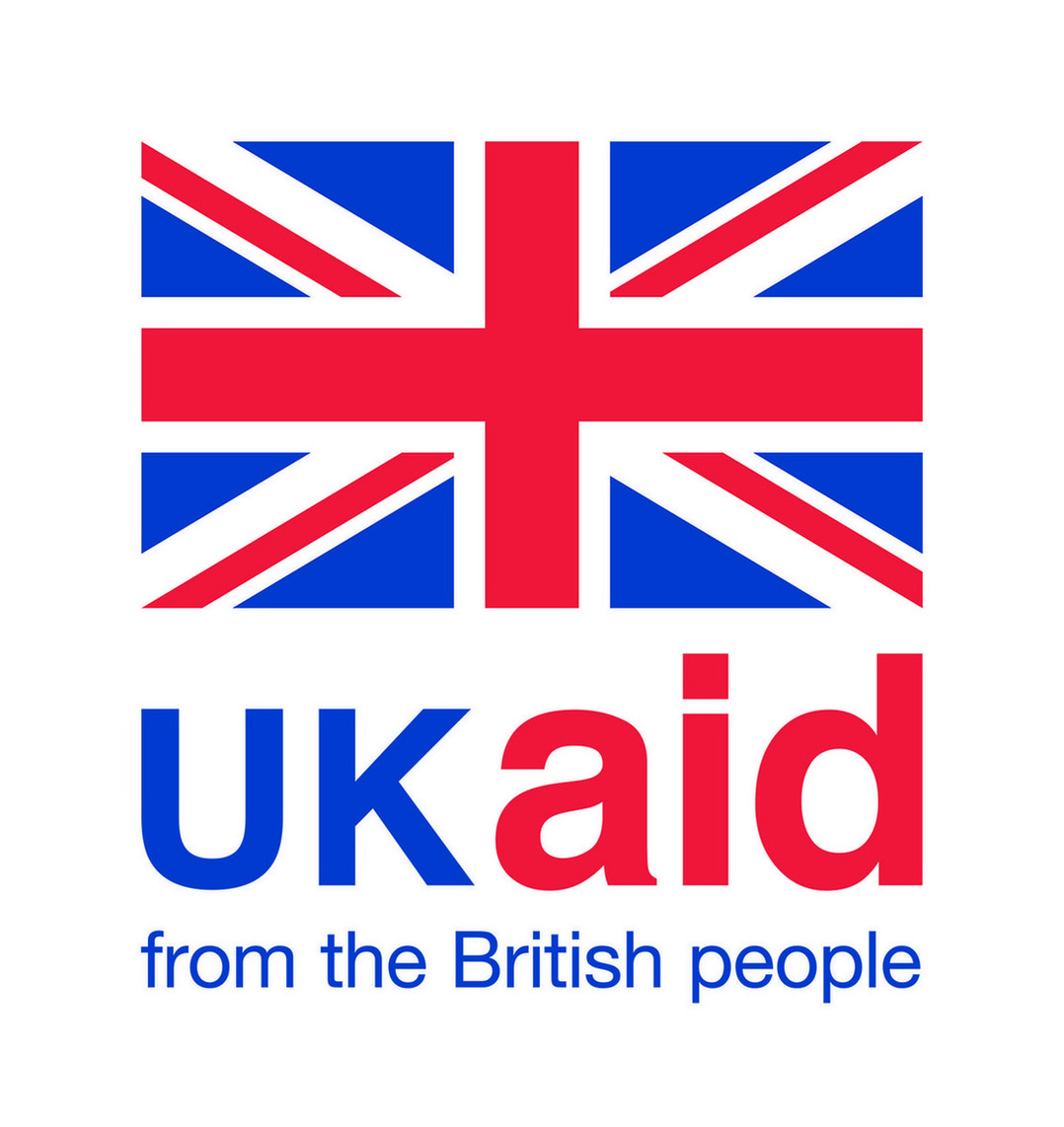Last month, our mAgri team was in Bogotá, Colombia where it held a workshop on the opportunity to digitise agricultural value chains in Latin America. The workshop, which was a side event of the Mobile 360 Series – Latin America event, brought together key stakeholder groups – agribusinesses, mobile money providers, donors, government and third party tech providers – interested in digitising the so-called last mile of agricultural value chains.
Early digitisation initiatives to support coffee farmers
According to data from the International Coffee Organization, Colombia is the third coffee producing country globally but the world’s top producer of washed Arabica coffee. To date, a number of digital tools and initiatives that aim to strengthen the sector and improve farmers’ economic sustainability have targeted Colombia’s smallholder coffee growers.
Amongst these initiatives, the Coffee Information System (Sistema de Información Cafetera or SICA) is supported by the Coffee Growers National Federation, the membership organisation that represents Colombia’s coffee growers. SICA is a coffee growers’ information database with nationwide coverage, which maintains profiles of more than 520,000 coffee growers and their farms. It offers transparency in the value chain and potential to support sustainability programmes in the sector. The information is private and cannot be shared without the explicit authorisation of the coffee grower.
Another notable initiative is the Smart Coffee ID card (Cédula Cafetera Inteligente). The card launched in 2006, at a time when making cash payments for coffee beans was both difficult and dangerous, given the security situation and the difficult terrain in Colombia’s coffee regions. The prepaid payment card, launched in partnership with Banco de Bogotá, replaces cash as a mode of payment for making procurement payments to coffee growers, distributing government subsidies and credits, making savings and paying salaries. Coffee growers can use the card to access their funds at ATMs or special point-of-sale (POS) devices deployed by the bank at coffee purchase points and with rural merchants.
To date, 74 per cent of the coffee growers registered on SICA have a Smart Coffee ID card. However, only 4 per cent of them currently use it. Despite the relatively high banking penetration rates in Colombia, coffee growers’ preference for cash is endemic and influenced by distrust to the financial system, the poor banking infrastructure in post-conflict rural areas and other more fundamental factors such as coffee growers’ age and education level.
Coffee grower and agribusiness challenges in last mile operations
It became apparent during discussions in the mAgri workshop that Colombia’s coffee growers face multiple challenges such as managing their farms in a sustainable way, increasing incomes and gaining access to credit to invest in their farms. The widespread use of cash in their day-to-day activities results in poor transactional records from the sale of agricultural produce that hinders the creation of an economic identity and the accurate assessment of the creditworthiness of farmers. Consequently, for the financial sector, coffee growers are high-risk customers. For the farmers, this means poor access to formal financial products and services such as agricultural credit, insurance and savings and high cost of credit.
Agribusinesses too face various business inefficiencies when sourcing from coffee growers, primarily related to the lack of transparency in the value chain. At the GSMA mAgri workshop in Bogota, it was clear that with most of Colombia’s coffee production sold in international markets, agribusinesses are more and more interested in increasing transparency to support traceability requirements. Such requirements often come as part of wider sustainability initiatives, demand for which originates to downstream supply chain actors. However, as in many other coffee producing countries, also in Colombia, agribusiness buyers depend on middlemen to ensure the supply of coffee beans. This multi-layered system of middlemen between the farmer suppliers and the agribusiness buyers results in poor traceability records and is often blamed for the increasing availability in the wholesale markets of blends of premium beans and lower-cost, lower-quality beans, which achieve low prices in international markets and hit agribusiness revenues.
Digital tools that address coffee farmers and agribusinesses’ needs
The use of mobile-enabled digital tools in the agricultural last mile offers potential to generate measurable benefits to agribusinesses through effective control and monitoring of operations, transparency of transactions, analytics capability and the establishment of effective communication channels, both internally as well as with smallholder suppliers.
In the case of Colombian agribusinesses that are active in coffee procurement, digital solutions permit the collection of targeted, farmgate level data and facilitate the creation of digital profiles for farmer suppliers. Offering transparency in the last mile of the coffee value chain can lead to improvements in traceability and certification compliance, build-up of farmer loyalty and improve management of quality of production. Besides, digital solutions allow the adoption of good agricultural practices by farmers with the efficient dissemination of agronomic advice and enable procurement payments to farmers in an efficient, safe and meaningful way.
Crucially, last mile digitisation also brings important benefits to smallholder farmers. Agribusinesses and mobile money providers at the mAgri workshop agreed that Colombian coffee growers could primarily benefit from a digital solution that allows them to authorise third party organisations (e.g. banks) to integrate farm and farmer data from multiple sources (e.g. SICA and Smart Coffee ID Card). Given that 90 per cent of Colombian coffee farms do not exceed two hectares in size, this is a key step in the creation of an economic identity and the accurate assessment of their risk profile.
Mobile operators have an important role to play to support the digitisation of Colombia’s coffee value chain in partnership with tech providers. Key operator assets in such partnerships are core MNO technologies such as connectivity and IoT solutions and their portfolio of existing enterprise partnerships with agribusinesses (e.g. enterprise communication). MNO assets are needed together with the specific knowledge of specialised agriculture sector-focused tech providers, to develop much required holistic solutions for agribusinesses and farmers.
This project was funded with UK aid from the British people.

